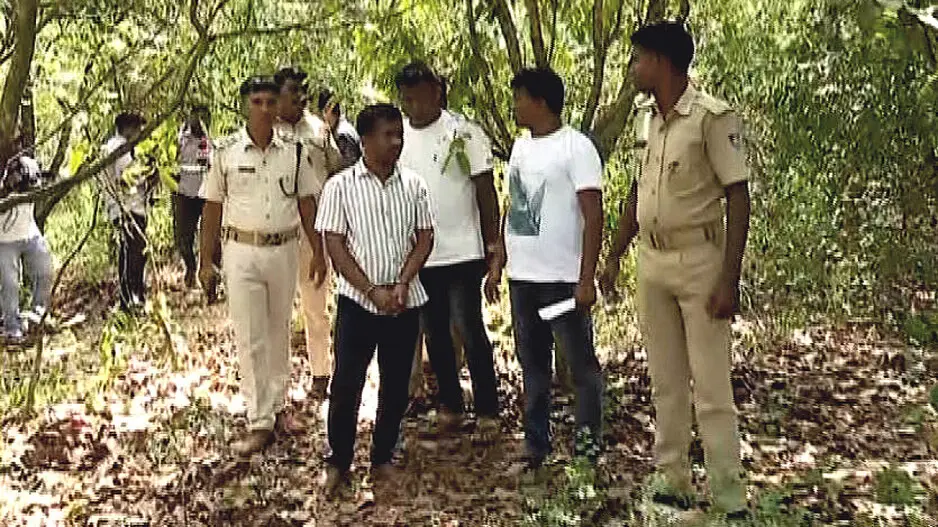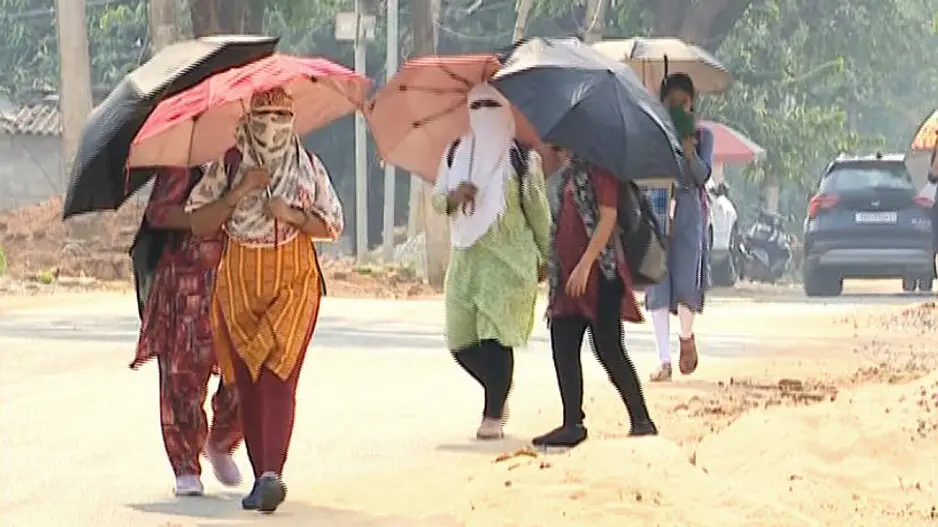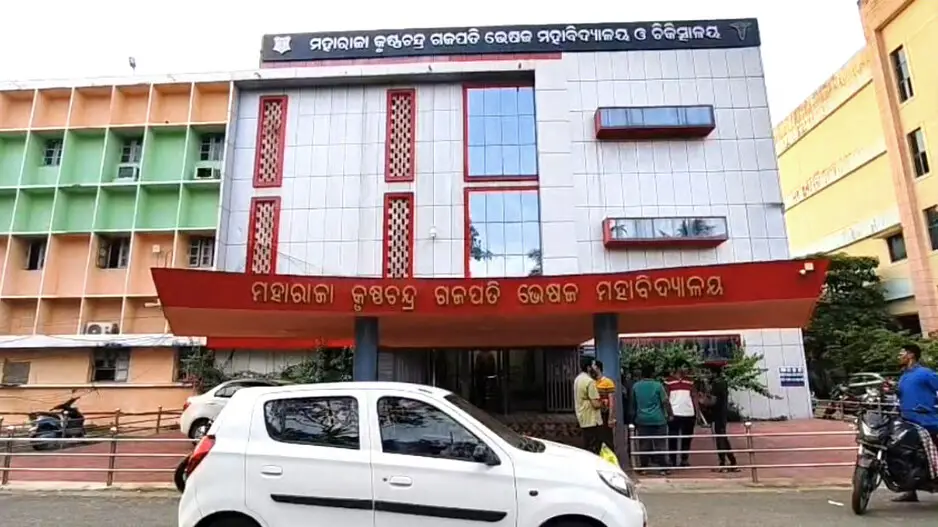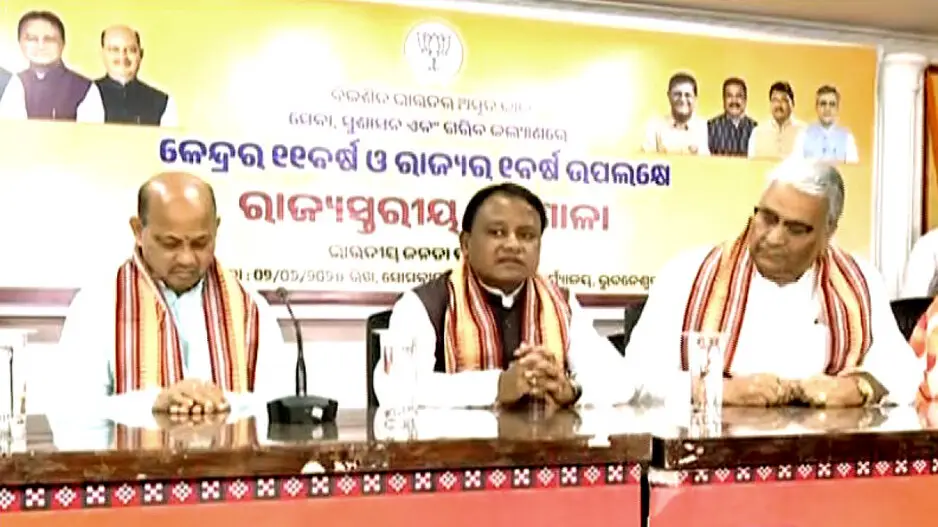/odishatv/media/post_attachments/uploadimage/library/16_9/16_9_0/recent_photo_1748877600.webp)
Dead body donation shortfall hindering medical education in Odisha
Odisha's medical colleges are grappling with a persistent shortage of donated dead bodies, critical for teaching anatomy to medical students.
Cadavers form an integral part of the curriculum, offering students a chance to explore human body structures — from muscles to nerves and blood vessels — through the process of dissection. However, the dearth of body donations due to a lack of awareness poses a significant hurdle.
Need for Cadavers
According to the National Medical Commission (NMC), medical colleges must have one cadaver for every 10 students during their first year. In Odisha, government medical colleges offer 1,600 seats, necessitating 160 cadavers each year, a requirement far from fulfilled. The absence of sufficient bodies impacts the quality of medical education gravely.
"As per the instruction of the National Medical Commission, a human body is required for every 10 students for dissection as part of the medical study. People in the state are slowly getting aware about body donation," said Director of Medical Education and Training (DMET) Dr Santosh Kumar Mishra.
Efforts in Vain
The MKCG Medical College in Berhampur embarked on a body donation campaign in 2013, yet has reportedly received only 26 bodies over 12 years. While a few individuals like Ali Kishore Patnaik and Bhalchandra Sarangi have embraced the cause, many others remain hesitant.
Patnaik donated his wife Kusum Manjari's body, and Sarangi has pledged his along with that of family members. The family of renowned pharmacology expert Professor Prafulla Sahu, donated his body to MKCG on May 28.
"If my body is used for the betterment of society, there is no more bigger virtue than this," said Ali Kishore Patnaik.
Must Read: Six-year-old Odisha boy’s organ donation gives new lease of life to two
"Human bodies are required for medical research and study. However, people in our society are not able to understand its utility due to superstitions," said Bhalchandra Sarangi.
Legal Complexities
Utilising bodies from accident victims and unidentified persons is possible, but fraught with legal complexities. The Head of Anatomy Department at MKCG suggests simplifying the donation process to echo organ donation, potentially increasing voluntary participation.
"A dedicated Mahaprayan vehicle should be allotted to bring bodies from the nearby areas to the hospital within six hours. Now, people are facing many issues while bringing the bodies to the hospital," said Prof Jami Sagar Prusty, Head of Anatomy Department at MKCG.
Increasing Awareness
According to medical experts, raising awareness about the importance of body donation may gradually remedy the situation, encouraging more people to consider leaving such a legacy. The donation process involves a simple process allowing individuals to donate their bodies posthumously, thus potentially bridging the gap affecting the future of medical education.
"Odisha is currently No.1 in the country in terms of organ and body donations," said Pravas Acharya, President of the State Organ and Tissue Transplant Organization (SOTTO).
Builder’s murder in Bhubaneswar: Police recreate crime scene with key accused

Heat wave and humidity grip Odisha; Yellow alert issued in 11 districts

MKCG Medical College ragging case: Two house surgeons penalised

Odisha BJP holds key strategy meeting ahead of completion of 1 year in govt

/odishatv/media/agency_attachments/2025/07/18/2025-07-18t114635091z-640x480-otv-eng-sukant-rout-1-2025-07-18-17-16-35.png)

/odishatv/media/media_files/2025/09/22/advertise-with-us-2025-09-22-12-54-26.jpeg)
